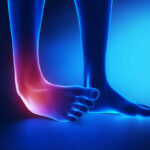Ankle Sprains
Next post



Input your search keywords and press Enter.